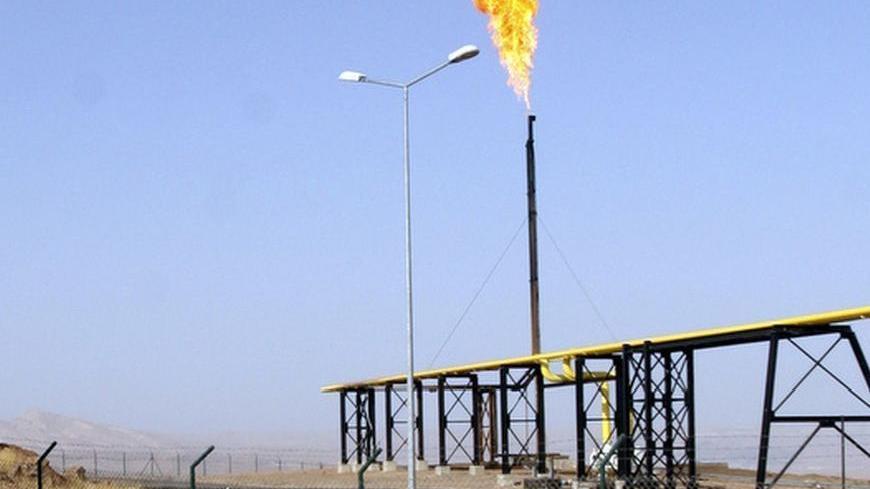Although Iraq is expanding its energy sector and has become OPEC’s number-two oil exporter, it still does not have a national hydrocarbons law. To many, that law is essential to help unify northern and southern markets, reduce investor risks and attract the foreign capital and expertise needed for future energy development.
Still, Baghdad and Erbil have much to gain without a law, at least in the medium term. Legal and political ambiguity has allowed both sides to postpone decisions on key issues, consolidate power and leverage and profit financially from undisclosed revenues and ongoing investment. Instead of the negotiation of an oil law, what is more likely is a continuation of the status quo, at least until international oil company (IOC) payments come due or a game-changing event demands a compromise.


